 W
WCount Anton Alexander von Auersperg, also known under the name Anastasius Grün, was an Austrian poet and liberal politician from Carniola.
 W
WZdenka Badovinac is a curator and writer, who has served since 1993 as director of the Museum of Modern Art in Ljubljana, comprised since 2011 of two locations: the Museum of Modern Art and the Metelkova Museum of Contemporary Art in Metelkova, an autonomous art, culture, and social center in Ljublijana.
 W
WAleksander Bajt (1921—2000) was a Chetnik intelligence officer during the World War II and a Yugoslav and Slovenian economist, best known as being the most influential macroeconomist in Socialist Yugoslavia.
 W
WMilan Dekleva is a Slovene poet, writer, playwright, composer and journalist.
 W
WDesha Delteil was a Slovenia-born dancer and artists' model.
 W
WMate Dolenc is a Slovene writer and translator. He writes novels, collections of short stories, children's books, travelogues and articles.
 W
WAnton Funtek was a Slovene writer, poet, editor and translator.
 W
WAlenka Goljevšček was a Slovene writer, essayist and playwright.
 W
WBranko Gradišnik is a Slovene writer and translator. He writes short stories and is a well-known columnist that writes for the newspaper Delo and other Slovene publications. In 2004 he was a candidate for mayor of Ljubljana.
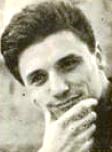 W
WNiko Grafenauer is a Slovenian poet, essayist, literary historian, editor and translator. He is particularly known as author of popular children literature, and for his active participation in the Slovenian public life, especially in conservative and liberal conservative platforms.
 W
WIgnac Gregorač, was a Slovenian architect, journalist, and recipient of the Commemorative Medal of the Partisans of 1941.
 W
WPaula Gruden or Pavla Gruden was an Australian poet, translator, and editor of Slovene descent.
 W
WAndrej Hieng was a Slovene writer, playwright and theatre director.
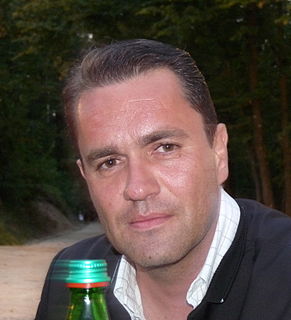 W
WJurij Hudolin is a Slovene poet, writer, columnist and translator. He has published a number of poetry collections and novels and is known for the rich language he uses and a rebellious rejectionist stance towards the world.
 W
WMilan Jesih is a Slovene poet, playwright, and translator. He was the president of the Slovene Writers' Association between 2009 and 2011.
 W
WTaras Kermauner was a Slovenian literary historian, critic, philosopher, essayist, playwright and translator.
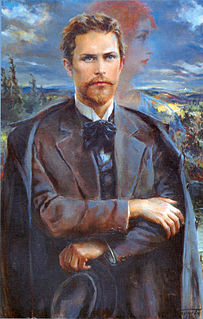 W
WDragotin Kette was a Slovene Impressionist and Neo-Romantic poet. Together with Josip Murn, Ivan Cankar, and Oton Župančič, he is considered the founder of modernism in Slovene literature.
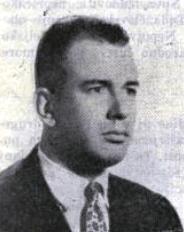 W
WMilan Komar, also known as Emilio Komar was a Slovene Argentine Catholic philosopher and essayist.
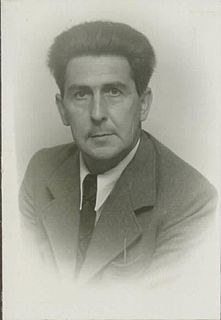 W
WFerdo Kozak was a Slovenian author, playwright, editor and politician.
 W
WJuš Kozak, also known under the pseudonym Jalanov, was a Slovenian writer, playwright, and editor. He is best known for his autobiographic novels, such as Celica on his experience as a political prisoner, and Lesena žlica on life during World War II.
 W
WTaja Kramberger is a Slovenian poet, translator, essayist and historical anthropologist from Slovenia. She lives in France.
 W
WPavel Kunaver was a Slovene pedagogue, writer of popular science books, geography, history and Slovene language teacher and pioneer of amateur astronomy, mountain climbing, skiing and caving in Slovenia.
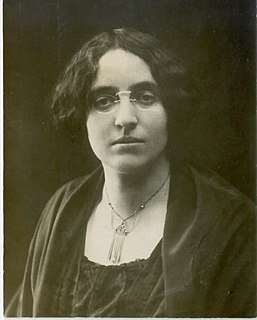 W
WZofka Kveder was a writer, playwright, translator and journalist who wrote in Slovene and later in life also in Croatian. She is considered one of the first Slovene women writers and feminists
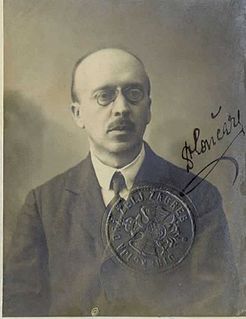 W
WDragotin Lončar was a Slovenian historian, editor, and Social Democratic politician.
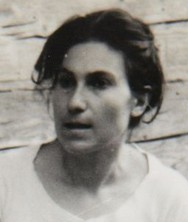 W
WMarija Makarovič, née Jagodic, is a Slovene ethnologist.
 W
WJanez Menart was a Slovene poet, best known for his Intimist poetry. He translated a number of classic French and English poetry and drama works into Slovene, including Shakespeare's sonnets.
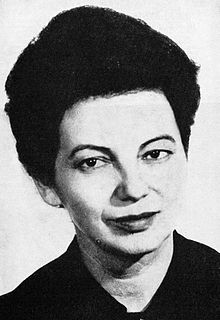 W
WMira Mihelič, also known as Mira Kramer Puc was a Slovene writer and translator.
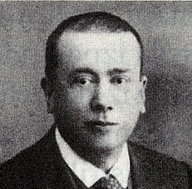 W
WFran Milčinski, also known by the pen name Fridolin Žolna, was a Slovene lawyer, writer and playwright.
 W
WFrane Milčinski was a Slovene poet, satirist, humorist and comedian, actor, children's writer, and director. He is considered one of Slovenia's foremost 20th-century satirists and entertainers.
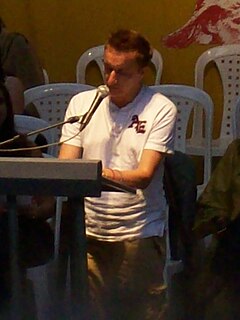 W
WBrane Mozetič is a Slovene poet, writer, editor and translator. He is known for his homoerotic poetry, his editorial work and his translations of works by Rimbaud, Genet and Foucault into Slovene.
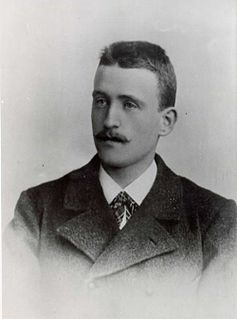 W
WJosip Murn, also known under the pseudonym Aleksandrov was a Slovene symbolist poet. Together with Ivan Cankar, Oton Župančič, and Dragotin Kette, he was regarded as one of the beginners of modernism in Slovene literature. After France Prešeren and Edvard Kocbek, Murn was probably the most influential Slovene poet of the last two centuries.
 W
WLili Novy née Haumeder was a Slovene poet and translator of poetry. She is considered the first Slovene female lyric poet as well as one of the most important Slovene female poets in general.
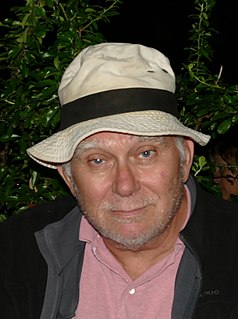 W
WIztok Osojnik is a Slovene poet and essayist. Between 1997 and 2004 he was the director of the Vilenica International Literary Festival organized by the Slovene Writers' Association.
 W
WPavlina Pajk, née Doljak was an early Slovene poet, novelist, essay writer and biographer.
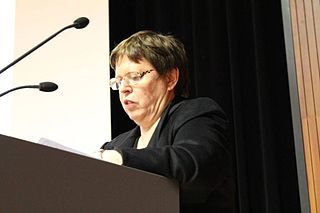 W
WTamara Griesser Pečar is a Slovenian historian.
 W
WVid Pečjak was a Slovene author and psychologist.
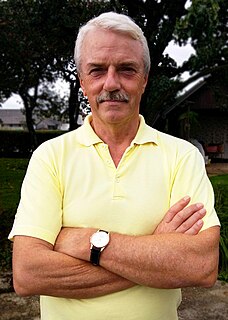 W
WTone Perčič is a Slovenian writer and translator.
 W
WRajko Perušek was a Slovene writer, translator, linguist and bibliographer.
 W
WLuiza Pesjak or Lujiza Pesjakova was a Slovene writer, poet and translator. She was the first woman to write a novel in Slovene.
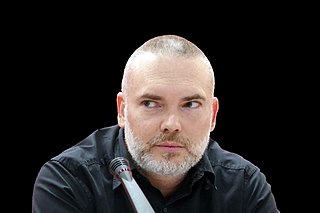 W
WSebastijan Pregelj is a Slovenian writer. In the second half of the 1990s Sebastijan Pregelj (b.1970) called attention to himself with his collections of short stories. During the last ten years, he has undoubtedly proven his mastery of storytelling with his novels Leta milosti, Na terasi Babilonskega stolpa, Mož, ki je jahal tigra, Po srečno zvezdo and Kronika pozabljanja. Four of them earned him nominations for Best Novel of the Year Award. A wide variety of readers is drawn to his novels because of their broad and rich historical background, intertwined with legends as well as present-day reality and humorous motifs that manage to combine the magical with the spiritual and the mystical. The end result is oftentimes an intense thriller which merges with a gentle and profound love story. Sebastijan Pregelj has been featured in several anthologies in the Slovene, Slovak, German, Polish and English language. He is a member of the Slovenian Writers’ Association. He lives and works in Ljubljana.
 W
WSlavko Pregl, full name Vekoslav Pregl, is a Slovene writer, editor and publisher best known for his youth literature. He is the current director of the Slovenian Book Agency.
 W
WMarjan Rožanc was a Slovenian author, playwright, and journalist. He is mostly known for his essays, and is considered one of the foremost essayists in Slovene, along with Ivan Cankar, Jože Javoršek, and Drago Jančar, and as a great master of style.
 W
WAndrej Rozman is a Slovene poet, writer, actor, and street theatre producer. He writes poems and creates plays for children and also writes satirical poetry for adults.
 W
WAnton "Tone" Seliškar was a Slovene writer, poet, journalist and teacher. He published poetry, short stories and novels and is also known for his young adult fiction. Together with Mile Klopčič, he is considered the foremost representative of Slovene social realist poetry of the 1930s and 1940s.
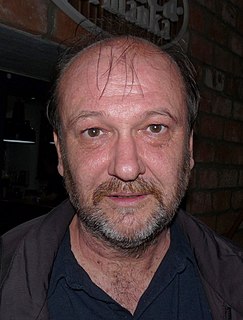 W
WPeter Semolič is a Slovene poet and translator. He has published numerous collections of poetry and his poems have been translated into English, German, Italian, French, Spanish, Polish, Hungarian, Finnish, Serbian, Bulgarian and Macedonian. He translates from English, French, Serbian and Croatian and also writes radio plays and children's literature.
 W
WSimona Škrabec is a Slovene literary critic, essayist and translator who lives and works in Barcelona. She spent her childhood in the small town of Ribnica in theregion of Lower Carniola. She lives in Barcelona since 1992. Skrabec has translated several books from Slovenian to Catalan and from Catalan to Slovenian. In addition to these two languages, she is fluent in Spanish, German, English, French, Serbian, and Croatian.
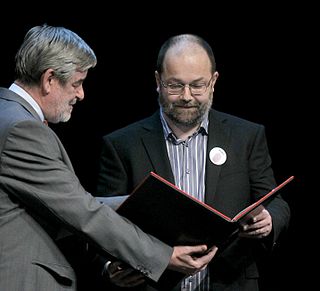 W
WAndrej Ermenc Skubic is a Slovene writer, playwright, and translator.
 W
WDominik Smole was a Slovenian writer and playwright.
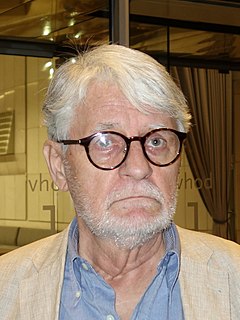 W
WIvo Svetina is a Slovene poet, playwright and translator. He has won numerous awards for his plays and poetry collections. In 1998 he was appointed Director of the National Theatre Museum of Slovenia. In 2014 he was elected President of the Slovene Writers' Association.
 W
WVeno Taufer is a Slovenian poet, essayist, translator and playwright. Under the Communist regime, he was a driving force behind alternative cultural and intellectual projects in Socialist Slovenia, which challenged the cultural policies of the Titoist system. During the Slovenian Spring (1988–1990), he actively participated in the efforts for the democratization and independence of Slovenia.
 W
WJohann Gregor Thalnitscher von Thalberg was a Carniolan lawyer, scholar of ancient inscriptions, chronicler, and historian.
 W
WJoseph Urbania was a 20th Century Slovene Sculptor, who lived and worked in Austria for much of his life. His media was large-scale wood, stone, bronze and plaster religious sculptures for European cathedrals.
 W
WAngela Vode was a Slovenian pedagogue, feminist author and human rights activist. An early member of the Communist Party of Yugoslavia, she was expelled from the Party in 1939 because of criticism against the Hitler-Stalin Pact. During World War II, she joined the Liberation Front of the Slovenian People, but was expelled in 1942 because of disagreements with the Communist Party of Slovenia. In 1944, she was interned in a Nazi concentration camp. After the war, she was arrested by the Yugoslav communist authorities, trialed at the Nagode Trial and imprisoned for several years. After her release from prison she was excluded from public life for the rest of her life. In the 1990s, she became one of the foremost symbols of victims of totalitarian repression in Slovenia.
 W
WAnton Vodnik was a Slovenian poet, art historian, and critic. He was one of the most notable representatives of Slovene Catholic expressionism in the interwar period.
 W
WFrance Vodnik (1903–1986) was a Slovenian literary critic, essayist, translator and poet from Ljubljana. He was mostly active in the interwar period, when Slovenia was part of the Kingdom of Yugoslavia. He was the younger brother of the poet and critic Anton Vodnik.
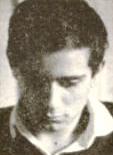 W
WPeter Vodopivec is a Slovenian historian and public intellectual.
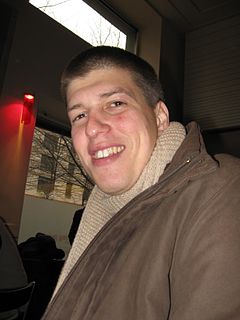 W
WGoran Vojnović is a Slovenian writer, poet, screenwriter and film director. He is best known for his 2008 novel Southern Scum Go Home which won him numerous awards as well as a lawsuit filed by the Slovenian Police that was withdrawn a day later after media attention and public outrage at police filing charges for a work of fiction brought embarrassment to the Slovenian Ministry of Interior.
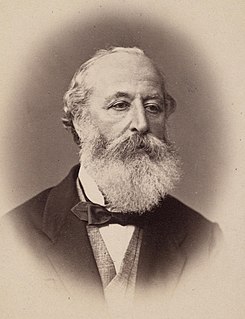 W
WConstantin Wurzbach Ritter von Tannenberg was an Austrian biographer, lexicographer and author.
 W
WVitomil Zupan was a post-World War II modernist Slovene writer and Gonars concentration camp survivor. Because of his detailed descriptions of sex and violence, he was dubbed the Slovene Hemingway and was compared to Henry Miller. He is best known for Menuet za kitaro, describing the years he spent with the Slovene Partisans. In Titoist Yugoslavia he was sentenced to 18 years in a show trial, and upon his release in 1955 his works could only be published under his pseudonym Langus. He is considered one of the most important Slovene writers.